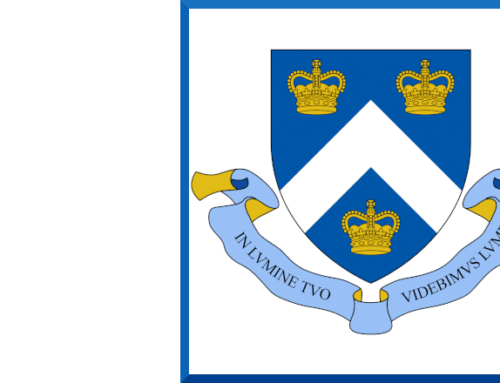Catholic League president Bill Donohue comments on a decision by the Archdiocese of Indianapolis that is being criticized in some quarters:
Indianapolis Archbishop Charles Thompson has revoked the Catholic status of Brebeuf Jesuit Preparatory School. He did so because the school rejected his request not to renew the contract of a teacher who said he was married to his boyfriend. The archbishop has now come under fire for doing so.
Archbishop Thompson did not act impulsively. Two years ago, the teacher’s gay marriage became known on social media. It was therefore no longer a private matter. It is important to note that the archbishop did not demand that the teacher be fired, though he could have: the teacher flagrantly violated the terms of his contract. Thompson simply asked that his contract not be renewed.
To understand this issue better, consider the following analogy.
In the business community, a franchise is allowed certain leeway in making decisions, but it is also expected to abide by the core strictures of the parent company. If it violates them, it cannot reasonably expect to be treated as if it were in good standing. It would have to go its own way.
The same is true of religious orders in their relationship to the local diocese: they are allowed a degree of autonomy but they are expected to follow the house rules, and when they don’t, they effectively break the trust and forfeit a right to claim association with the diocese.
Fr. Brian Paulson, S.J., the head of the Jesuits’ Midwest Province, defended the teacher, saying he “respects the primacy of an informed conscience of members of its community when making moral decisions.”
I don’t believe him. What would he do to a teacher who said he felt morally obliged to join a white supremacy organization—on his own time—and insisted that he would not let it interfere with his job. He would fire him, wouldn’t he?
Those who defend the insubordination of the Jesuit school argue that lots of teachers in Catholic schools violate Church teachings in one way or another, yet they are not treated the way those who are in same-sex marriages are. That’s a lame defense.
The difference is that in most cases Church officials would have to monitor the private lives of every teacher, often violating their privacy rights, or subject them to an inquisition. In the instance of the teacher in the gay marriage—and this is typical of such cases—the contractual violation was made public, thus inviting a showdown. That’s not a small difference.
Archbishop Thompson followed canon law, faithfully executed the terms of a contract that was voluntarily signed, and acted prudentially in enforcing it. He acted wisely and with great restraint.







